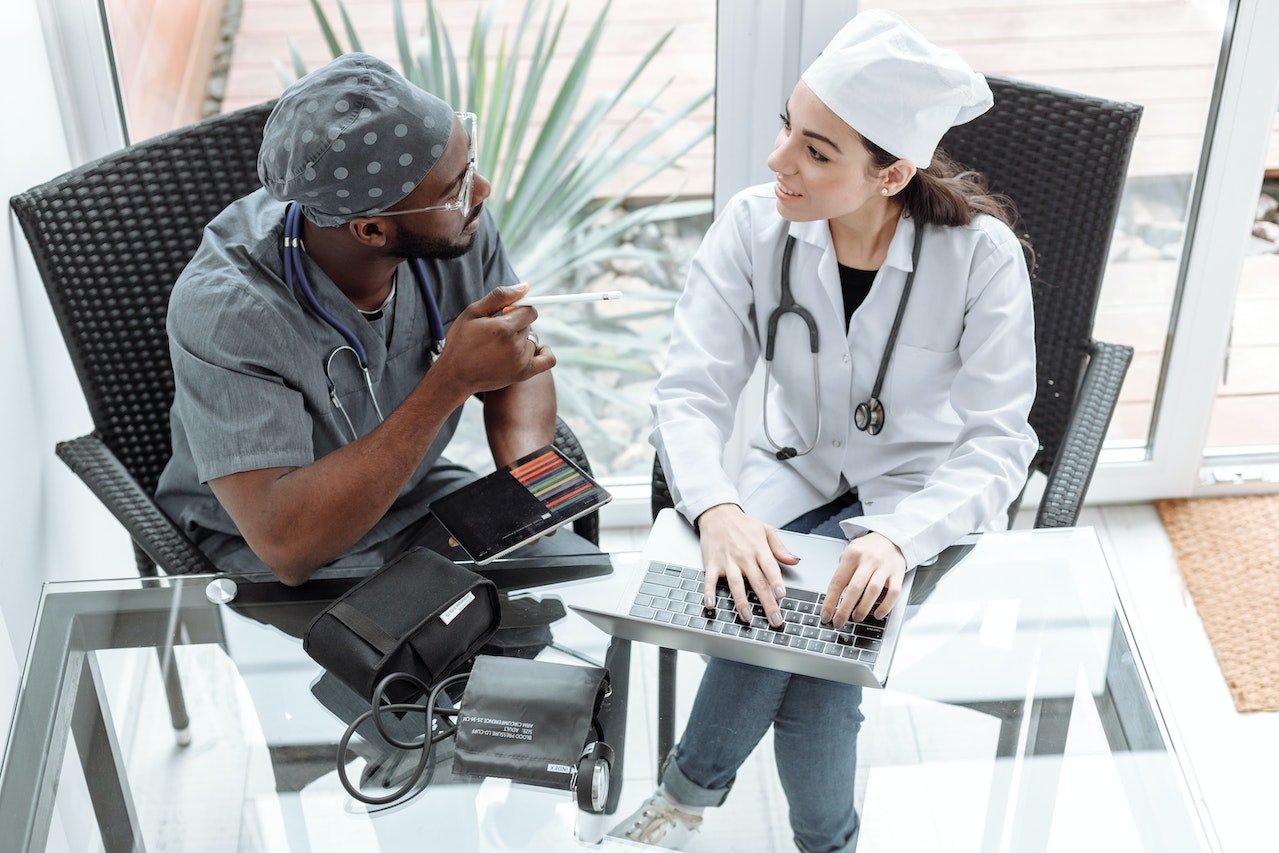
The latest advancements in orthopedic surgery techniques
April 22, 2023As we age, our bodies undergo many changes that can affect our orthopedic health. The wear and tear on our bones, joints, and muscles over the years can lead to a variety of orthopedic conditions that can be challenging to manage. In this blog post, we’ll explore the impact of aging on orthopedic health and what you can do to maintain good orthopedic health as you get older.
As we age, our bones tend to become weaker and more brittle, which can increase the risk of fractures and other orthopedic injuries. This is due in part to a natural loss of bone density that occurs as we get older. Women are particularly susceptible to this, as they tend to lose bone density more quickly after menopause.
In addition to bone density loss, aging can also lead to joint problems such as osteoarthritis, a condition that causes the cartilage in the joints to wear down over time. This can lead to pain, stiffness, and reduced mobility. Other common orthopedic conditions that can be related to aging include spinal stenosis, herniated discs, and rotator cuff injuries.
So, what can you do to maintain good orthopedic health as you age?
Here are some tips:
- Stay active: Regular exercise can help keep your bones, muscles, and joints strong and healthy. It can also help you maintain flexibility and balance, which can reduce the risk of falls and other injuries. Aim for at least 30 minutes of moderate- intensity exercise most days of the week.
- Eat a healthy diet: A well-balanced diet that includes plenty of calcium and vitamin D can help keep your bones strong. Good sources of calcium include dairy products, leafy greens, and fortified foods such as cereal and orange juice. Vitamin D can be obtained from exposure to sunlight, as well as from fatty fish and fortified foods.
- Practice good posture: Poor posture can put extra stress on your joints and muscles, which can lead to pain and other problems over time. Make sure you sit and stand up straight, and avoid slouching or hunching over.
- Get regular check-ups: Regular visits to your doctor can help catch orthopedic problems early, when they are easier to treat. Make sure to talk to your doctor about any concerns you have about your orthopedic health.
- Take steps to prevent falls: Falls are a major cause of orthopedic injuries in older adults. To reduce your risk of falls, make sure your home is free of clutter and hazards, wear proper footwear, and use assistive devices such as canes or walkers if needed.
In conclusion, aging can have a significant impact on orthopedic health, but there are steps you can take to maintain good bone, joint, and muscle health as you get older. By staying active, eating a healthy diet, practicing good posture, getting regular check-ups, and taking steps to prevent falls, you can help ensure that you stay healthy and mobile for years to come.



